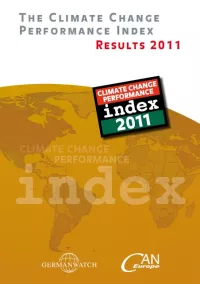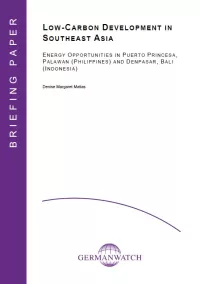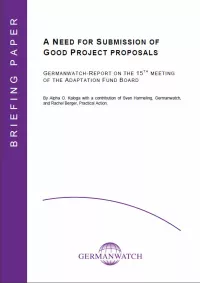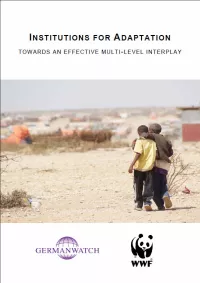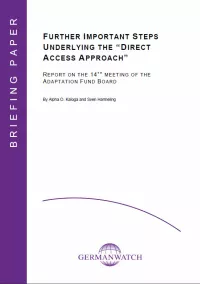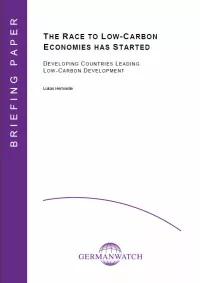
The new edition of the Climate Change Performance Index (CCPI) was released by Germanwatch and CAN-Europe in Durban at the UN climate talks today. Again, none of the 58 highest-emitting countries has done enough to prevent dangerous climate change, leaving ranks one to three open. The next ranks went to three European countries, Sweden, UK and Germany. The countries ranked worst this year are Saudi Arabia, Iran and Kazakhstan. Overall, the ranking was influenced by the worldwide economic crisis. This resulted in higher growth of emissions in emerging economies compared to industrial countries.

